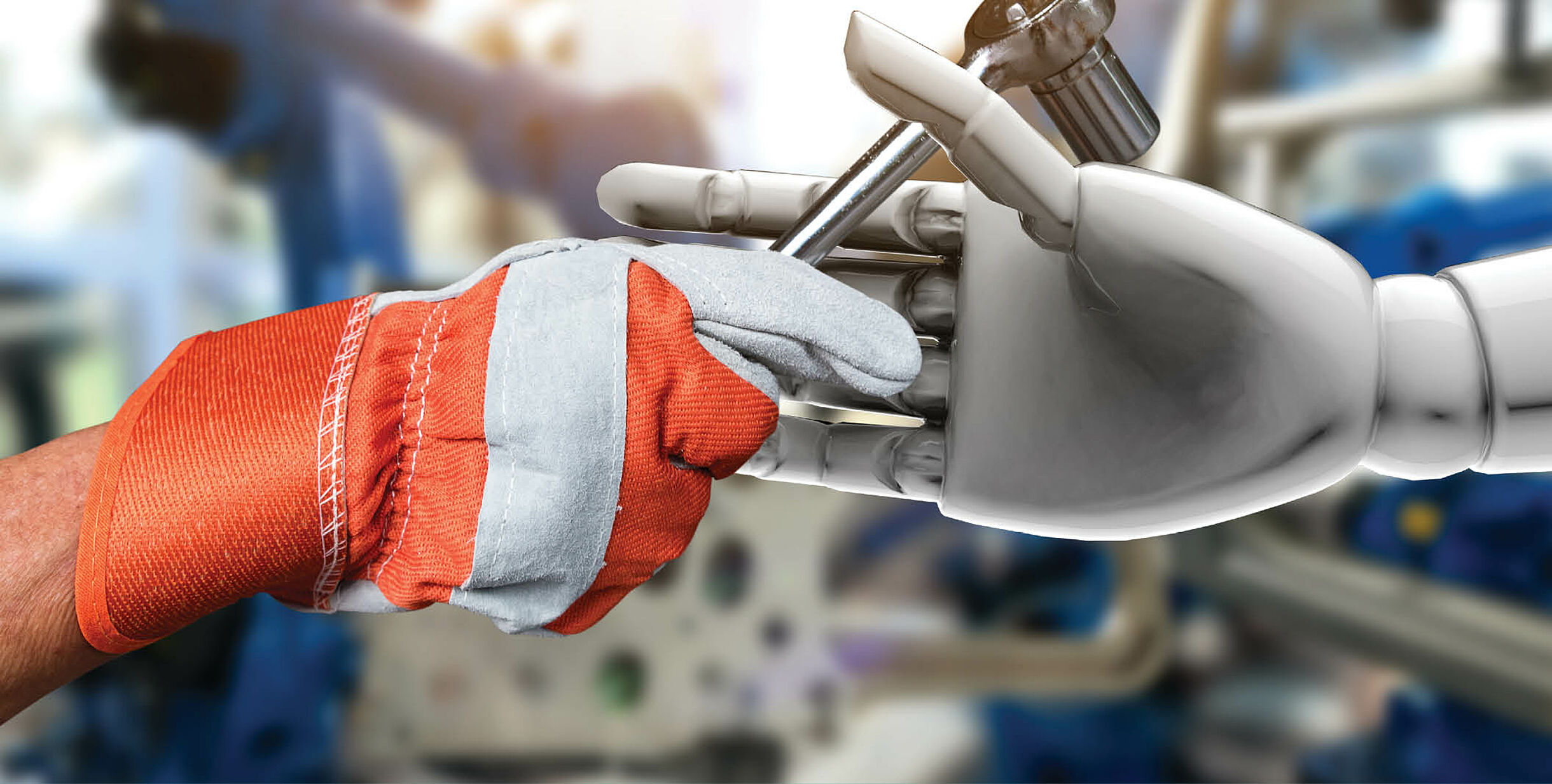The buzzword of the fourth industrial revolution is omnipresent. It is primarily about the transformation of industrial production through digital technologies. But what does this mean for the future of the working world? A large-scale study conducted with the help of experts from the AIT is the first to try to shed light on the subject.



